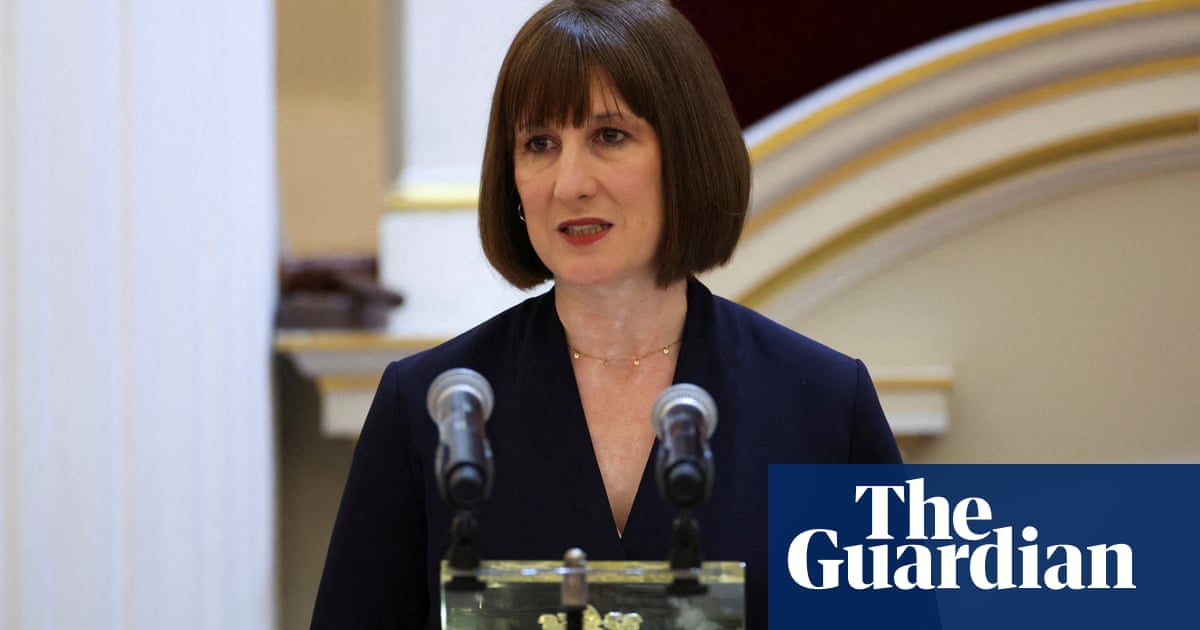KK knows that a well-told colonial joke can excite a Kenyan crowd. “I love how white people discover stuff that was already there,” he tells the audience at the Punchline Comedy Club which is staged at Two Grapes, a Nairobi restaurant. “I got this DM from this white man the other day. He was like, ‘Oh, my gosh. I love your content. I’m so glad I discovered you.’ I’m like, ‘No, We’ve done this before.’”
He goes on about how they “discover” people then take them to other places “to be discovered”, and how those who have been “discovered” end up travelling the world and making a lot of money.
Then, after a brief pause, he delivers an unexpected punchline: “I would like to be discovered, actually. I think that would be a good thing. I take that back.”
It’s a Wednesday night, and KK, whose full name is Kimathi Kaumbutho, is performing at an open-mic night featuring 19 other standup comedians in the packed outside area of Two Grapes.
The standup comedy scene in the east African country is having a moment as a crop of new comedians invite Kenyans to crack up about their daily lives as well as social issues. In recent years, the craft has attracted numerous aspiring and established entertainers who perform at sold-out venues. They have created a flourishing industry, with some going on to star in TV shows and perform on stages around and beyond the continent.
Topics encompass daily life and the entire range of challenges that beset the country, including corruption, frequent power blackouts and rising national debt, as performers tap into the power of standup to make people laugh about their difficulties.

Kenya has had a fairly stormy year, including deadly anti-government protests that were triggered in June by a bill to raise taxes and lasted for nearly two months. “In these turbulent times, we have to take every opportunity we get to laugh, and that is the real gift of standup,” said Njoki Ngumi, a Kenyan creative economy expert.
The boom is partly due to the establishment of several standup comedy collectives – such as Punchline Comedy Club, which was holding the open-mic event KK was performing at – that are credited with democratising the industry and giving it structure.
As well as its two weekly open-mic nights, Punchline Comedy Club hosts a monthly ticketed show, several festivals and an event that brings together comedians from around the world. On Mondays it runs a free workshop that is open to all.
“I wanted to start a comedy club where there’s structure,” says Eric Lu Savali, who set up the club in 2017. “But more than anything, it’s very important that we are equitable and fair to people.”
In May, Punchline Comedy Club hosted American standup comedy great Dave Chappelle at an event in Nairobi where Savali and fellow Punchline comic Ciru Mwangi were warm-up acts for him.
Kenya’s standup comedy scene has attracted comics who, in a few years, have gone on to become some of the country’s most accomplished entertainers. Anthony “Ty” Ngachira first got on stage in 2018 to try out for an improv show in Nairobi, where he “didn’t do too well”, he says, but met people in standup and decided to give it a shot. He has now performed at the Bloemfontein International comedy festival in South Africa and in two comedy productions on Showmax, a continental streaming service.
He has also hosted a talk and satirical news show, TMI (Too Much Information) with Ty Ngachira, during primetime on national TV.
after newsletter promotion
A trained lawyer, Ngachira quit his job at a nonprofit to focus on comedy when he got the call to host the show. In April, he performed his own one-man comedy special. Originally intended as a single show, it sold out quickly and he had to add a second one. “It was very fulfilling to know that it’s possible to be commercially viable,” he says.
Ngachira, who likes making jokes about politics and governance, recalls how he used to enjoy watching American comedian Kevin Hart’s specials when he was starting out – “I noticed he was not afraid to be the joke himself,” says Ngachira.
Like Punchline, Nairobi Comedy Club, Standup Collective and Karura Comedy Club were founded within the past seven years and have a similar model.
Kenya has a long history of using humour to satirise society, including through theatre, sketch comedy shows and even a puppet TV show. In the 1990s, artists would perform standup during play intermissions. It moved to TV through a show called Red Corner in 2002. One of its performers, Daniel Ndambuki, popularly known as Churchill, went on to create Churchill Live (later renamed the Churchill Show) in 2007, a programme whose success helped push the craft into mainstream entertainment.
At the packed Nairobi Laugh Bar on a Saturday night, Eunice Njoki, who goes by the stage name Mammito, makes fun of baby showers, a popular trend among middle-class Kenyans. “Baby showers should stop after the first child. You can’t be calling us for a baby shower for your seventh child,” she says at the Standup Collective show. “I’m not wearing burgundy for your seventh child.”
Through standup comedy, the entertainers are pushing social boundaries and challenging entrenched customs and conventions. Kenya tends to be a largely conservative society where risque topics are discussed in hushed tones and superiors are treated with flattering regard. But no topic is off-limits at the shows. Mammito says: “We are just making people know that standup is a grown-up act.”

.png) 1 month ago
12
1 month ago
12













































